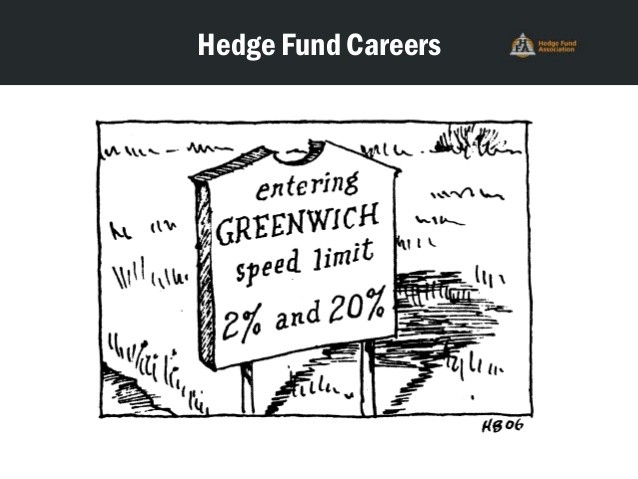Hedge Fund Association
Post on: 10 Май, 2015 No Comment

Facts about hedge funds
Estimated to be a $2 trillion industry and growing every year, with approximately 10,000 active hedge funds.
Includes a variety of investment strategies, some of which use leverage and derivatives while others are more conservative and employ little or no leverage. Many hedge fund strategies seek to reduce market risk specifically by shorting equities or derivatives.
Most hedge funds are highly specialized, relying on the specific expertise of the manager or management team.
Performance of many hedge fund strategies, particularly relative value strategies, is not dependent on the direction of the bond or equity markets — unlike conventional equity or mutual funds (unit trusts), which are generally 100% exposed to market risk.
Many hedge fund strategies, particularly arbitrage strategies, are limited as to how much capital they can successfully employ before returns diminish. As a result, many successful hedge fund managers limit the amount of capital they will accept.
Hedge fund managers are generally highly professional, disciplined and diligent.
Their returns over a sustained period of time have outperformed standard equity and bond indexes with less volatility and less risk of loss than equities.
Beyond the averages, there are some truly outstanding performers.
Investing in hedge funds tends to be favored by more sophisticated investors, including many Swiss and other private banks, who have lived through, and understand the consequences of, major stock market corrections. Many endowments and pension funds allocate assets to hedge funds.
Popular hedge fund strategies
Agressive Growth
Invests in equities expected to experience acceleration in growth of earnings per share. Generally high P/E ratios, low or no dividends; often smaller and micro cap stocks which are expected to experience rapid growth. Includes sector specialist funds such as technology, banking, or biotechnology. Hedges by shorting equities where earnings disappointment is expected or by shorting stock indexes. Tends to be long-biased. Expected Volatility: High
Distressed Securities
Buys equity, debt, or trade claims at deep discounts of companies in or facing bankruptcy or reorganization. Profits from the market’s lack of understanding of the true value of the deeply discounted securities and because the majority of institutional investors cannot own below investment grade securities. (This selling pressure creates the deep discount.) Results generally not dependent on the direction of the markets.
Macro
Aims to profit from changes in global economies, typically brought about by shifts in government policy which impact interest rates, in turn affecting currency, stock, and bond markets. Participates in all major markets — equities, bonds, currencies and commodities — though not always at the same time. Uses leverage and derivatives to accentuate the impact of market moves. Utilizes hedging, but leveraged directional bets tend to make the largest impact on performance. Expected Volatility: Very High

Market Neutral — Arbitrage
Attempts to hedge out most market risk by taking offsetting positions, often in different securities of the same issuer. For example, can be long convertible bonds and short the underlying issuers equity. May also use futures to hedge out interest rate risk. Focuses on obtaining returns with low or no correlation to both the equity and bond markets. These relative value strategies include fixed income arbitrage, mortgage backed securities, capital structure arbitrage, and closed-end fund arbitrage. Expected Volatility: Low
Market Neutral — Securities Hedging
Value
Invests in securities perceived to be selling at deep discounts to their intrinsic or potential worth. Such securities may be out of favour or underfollowed by analysts. Long-term holding, patience, and strong discipline are often required until the ultimate value is recognized by the market. Expected Volatility: Low — Moderate
For more details about hedge funds, please visit the following link:
Subscribe to receive the latest updates from HFA on industry related items and noteworthy news throughout the hedge fund industry.














